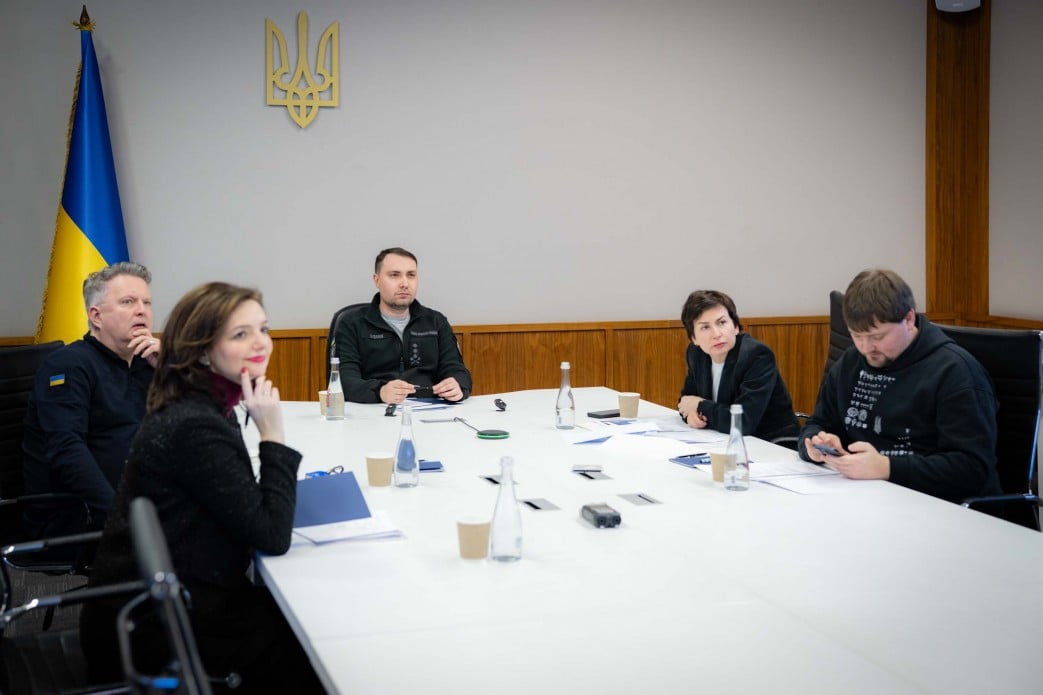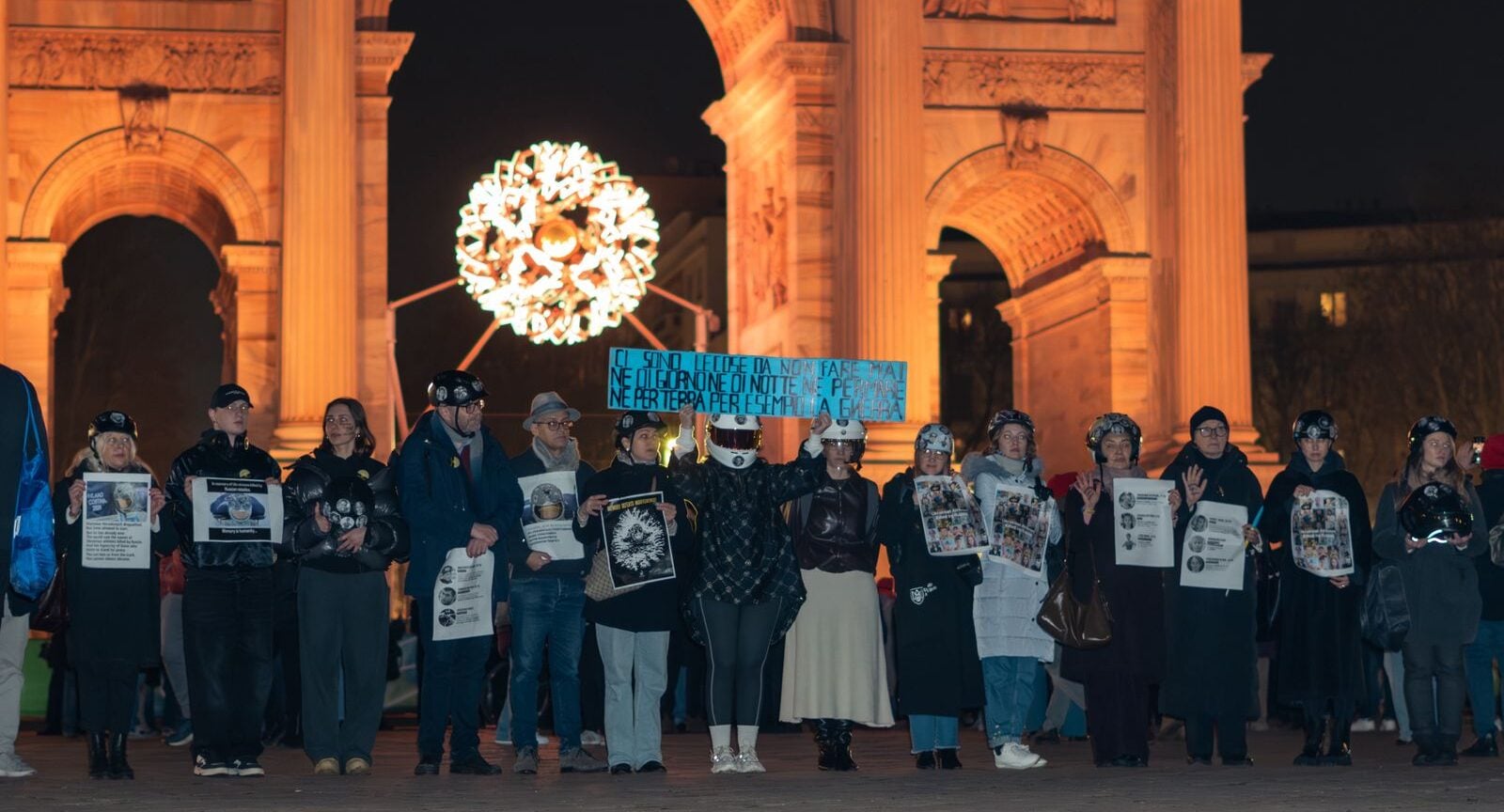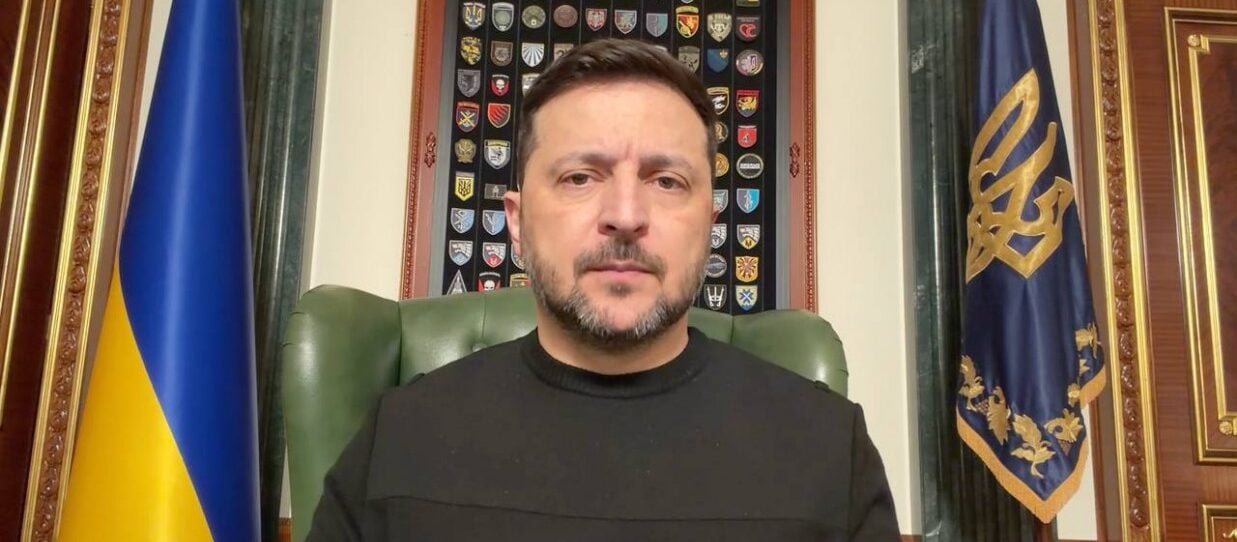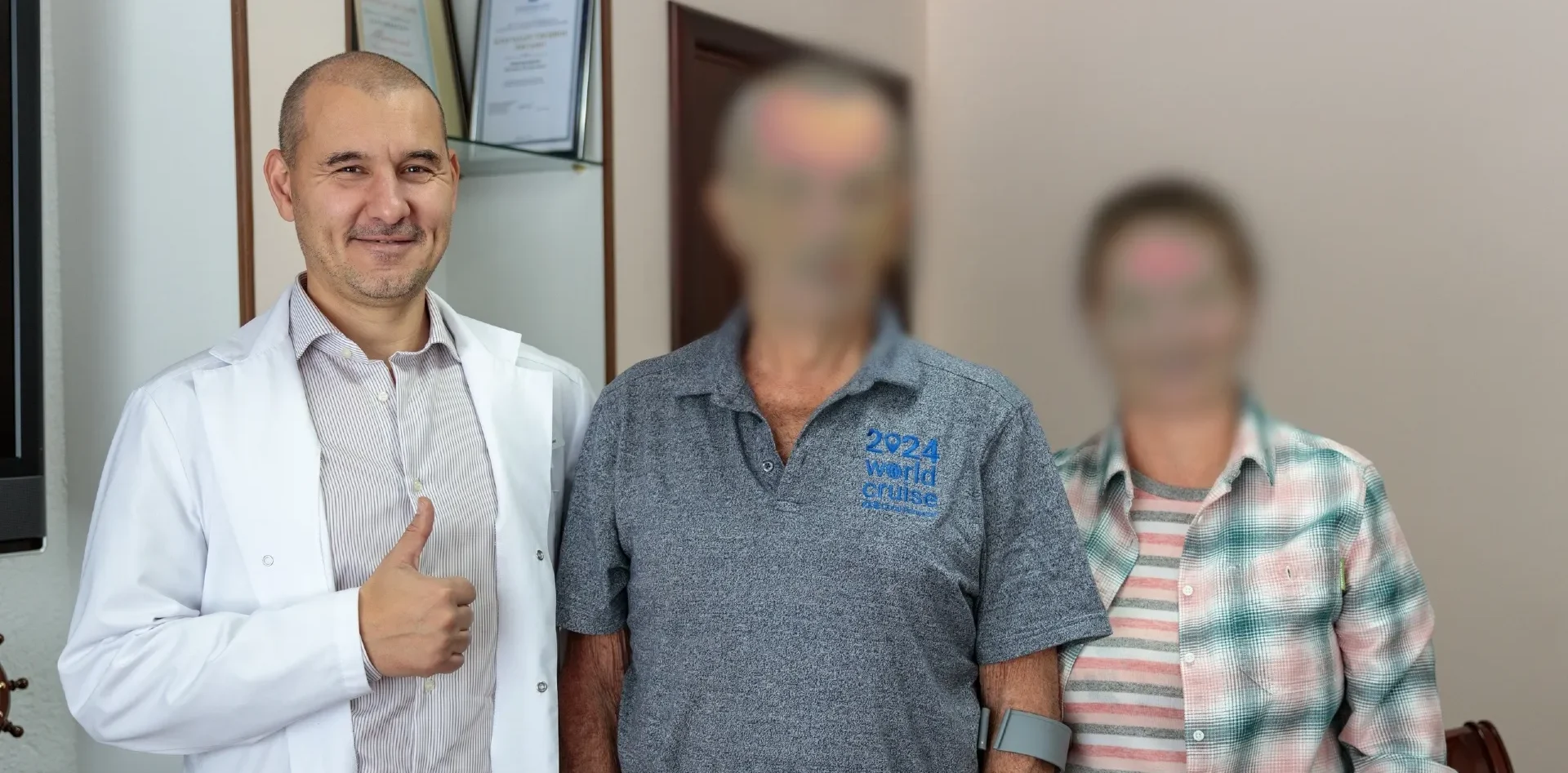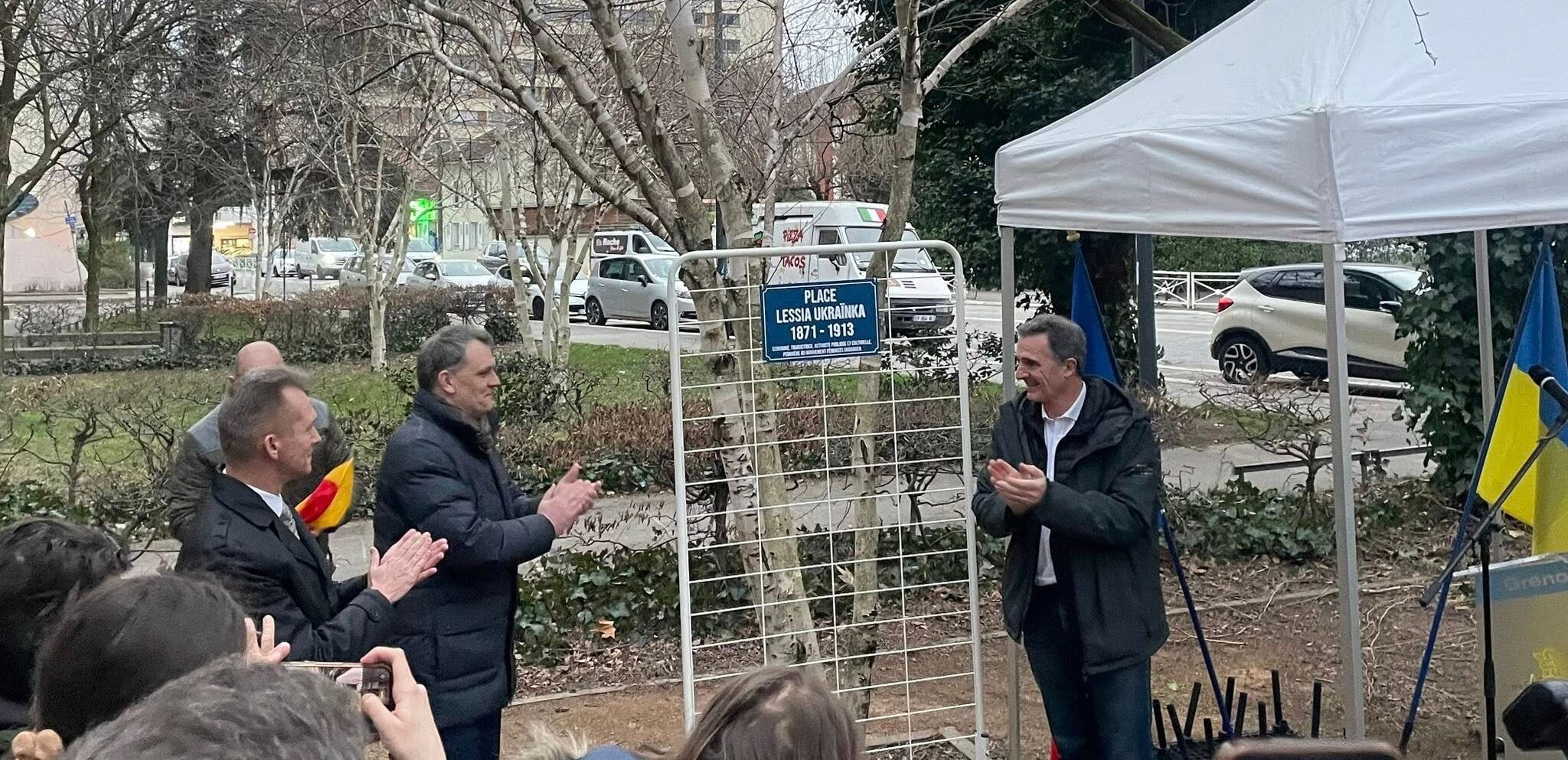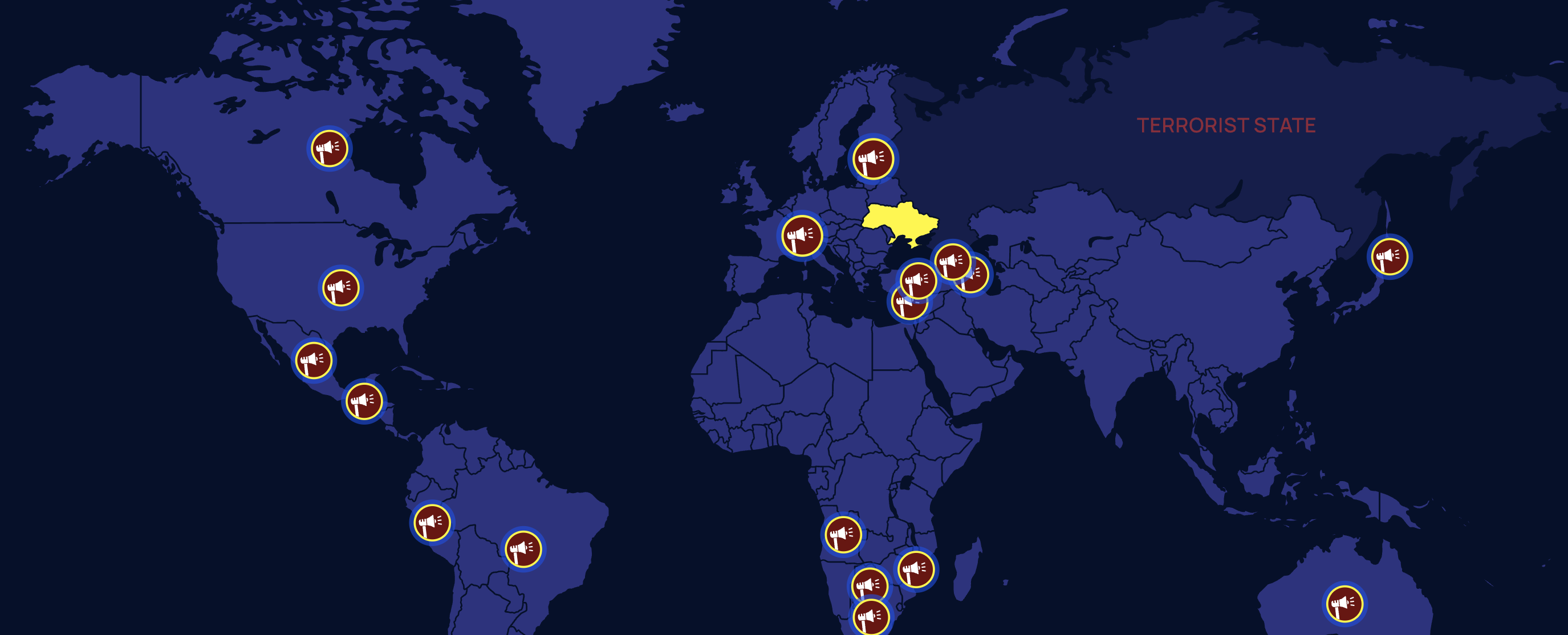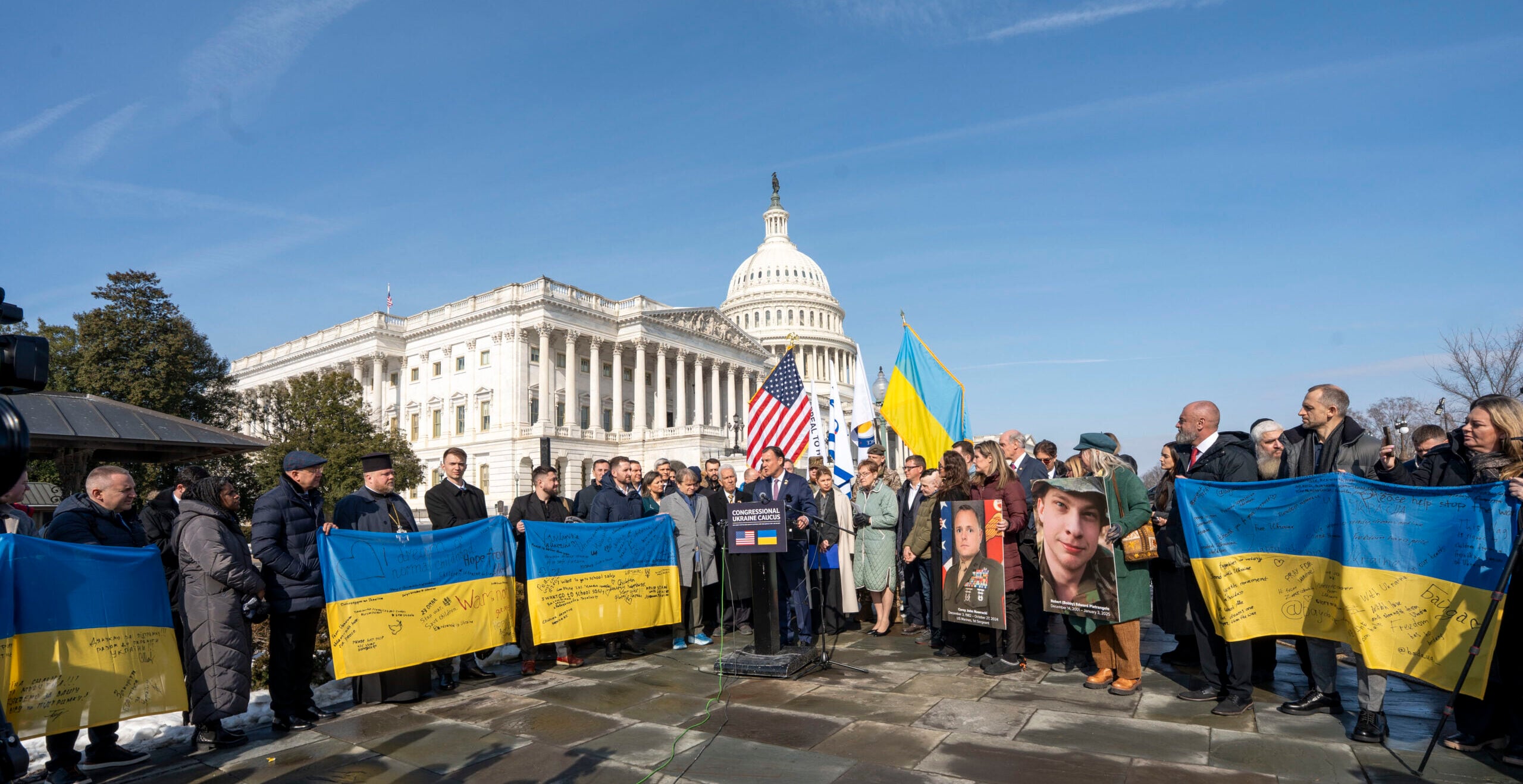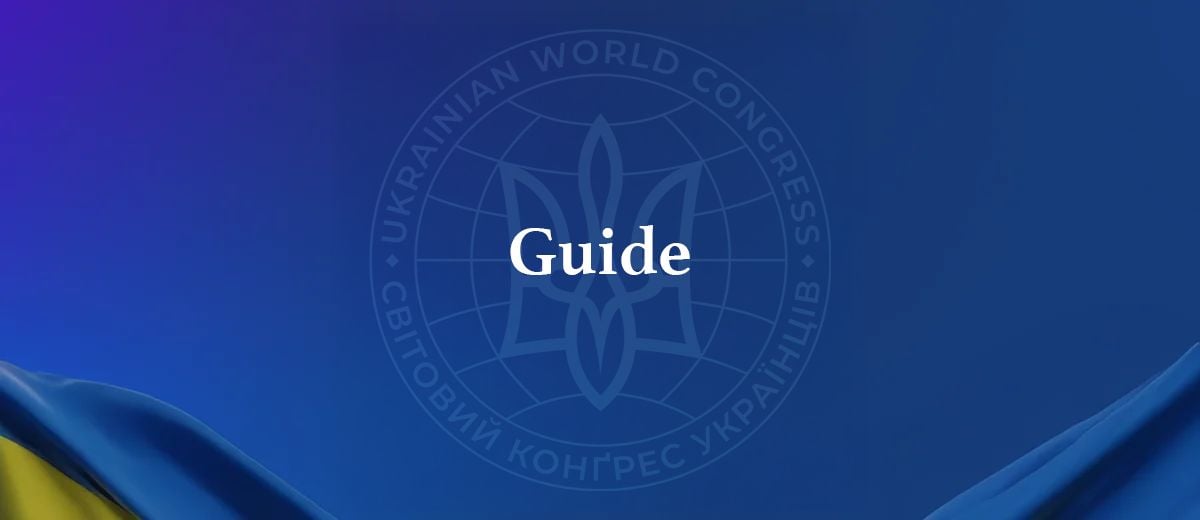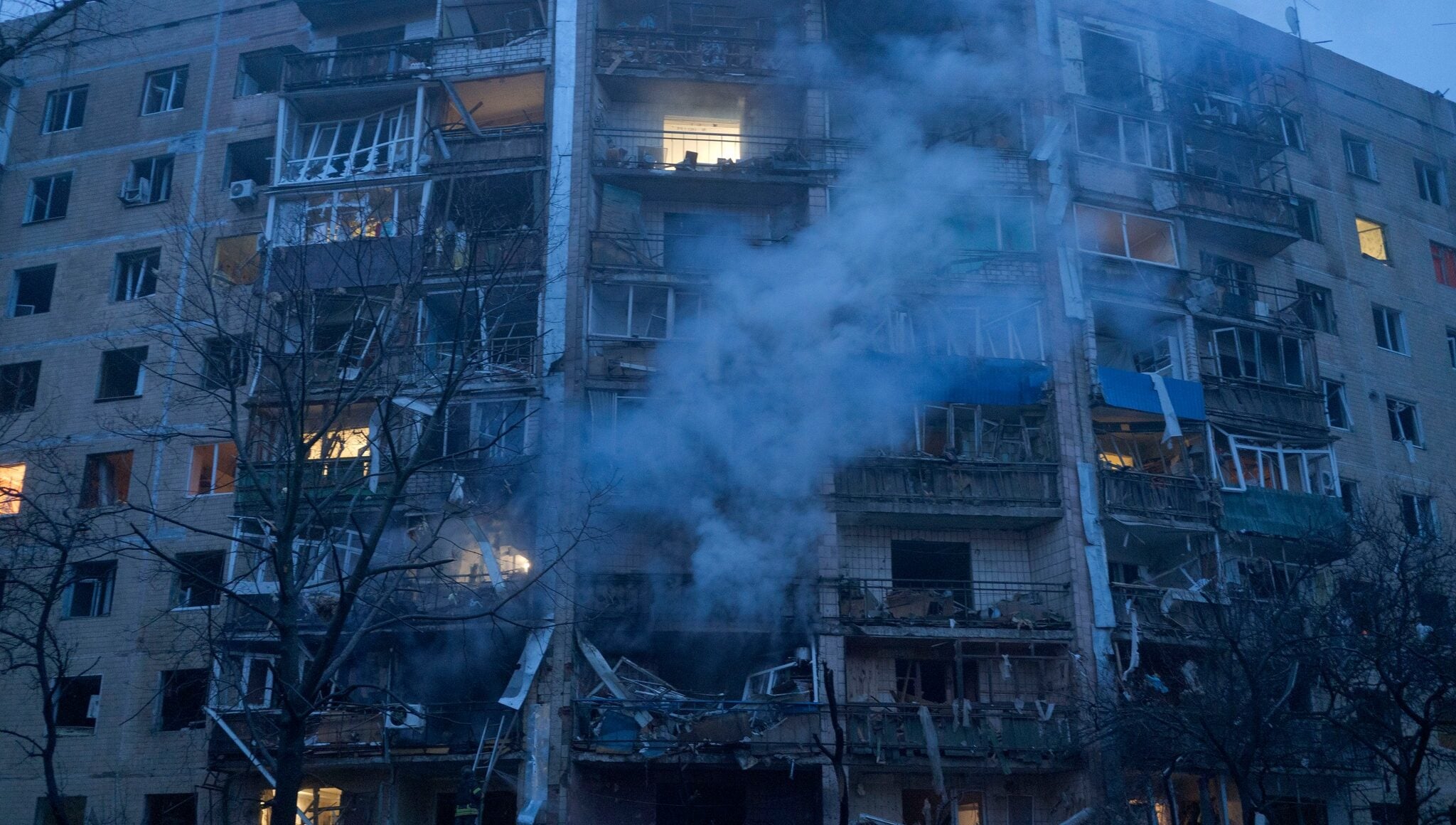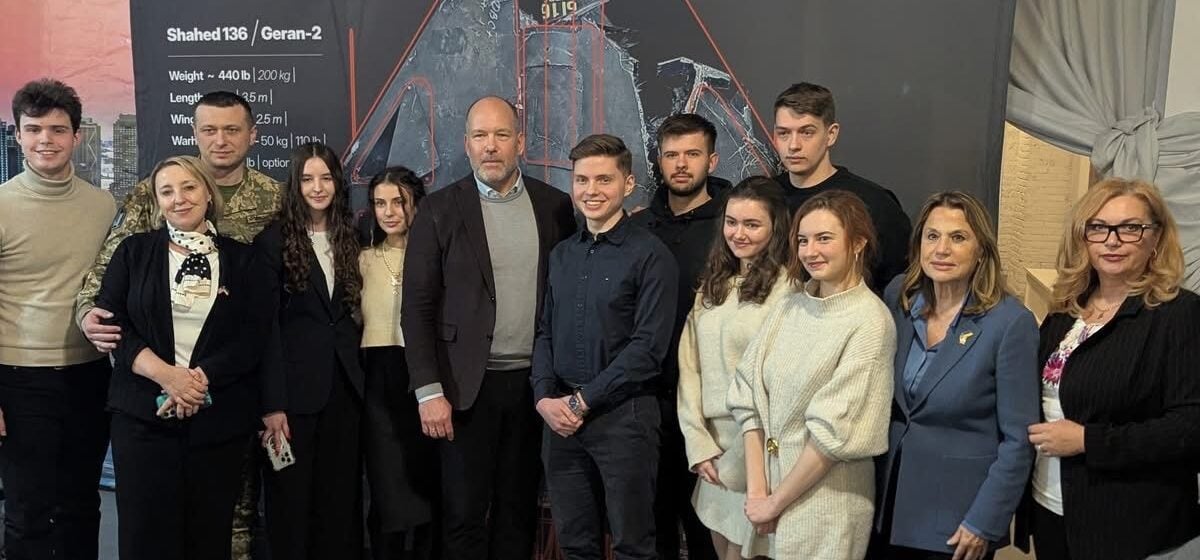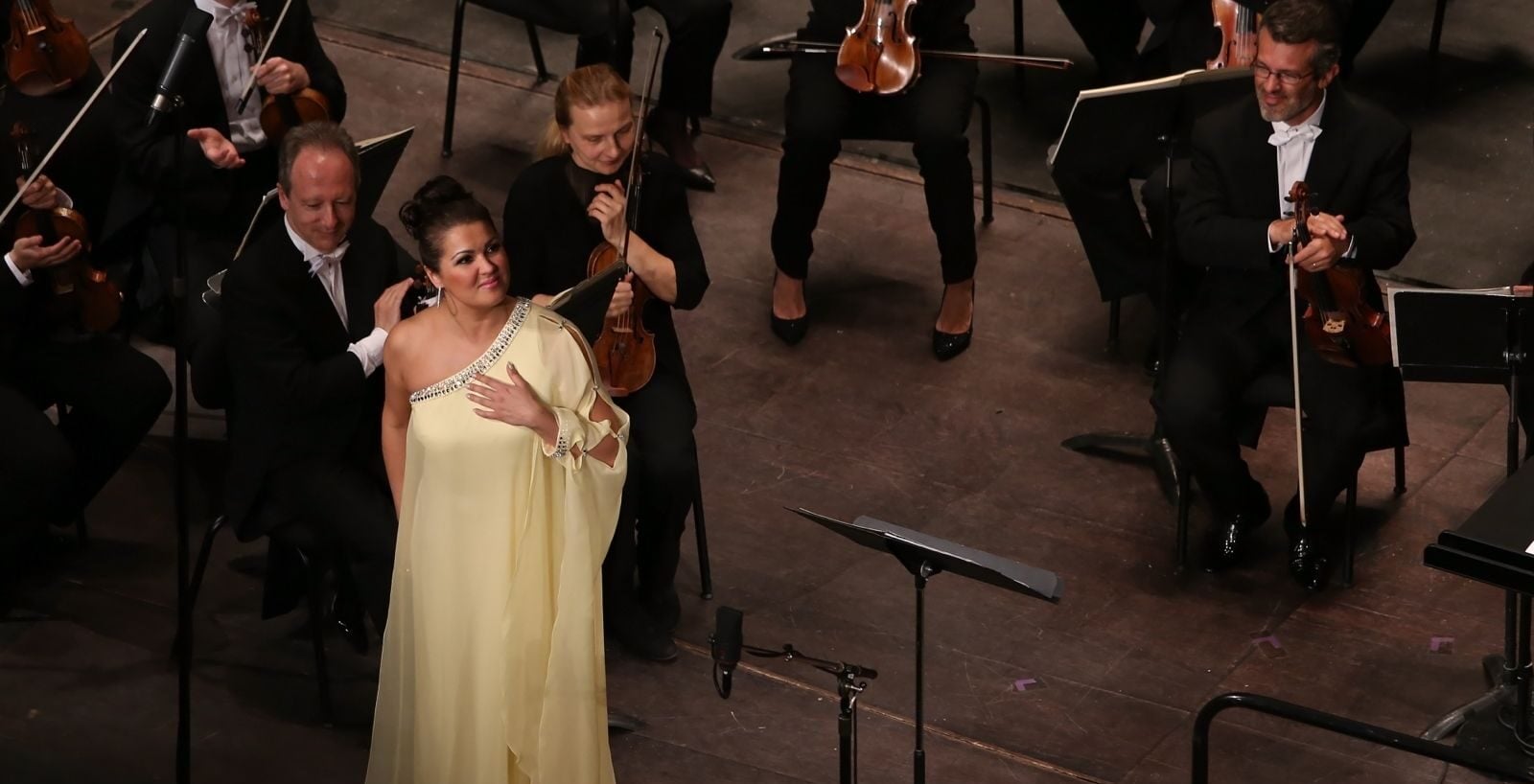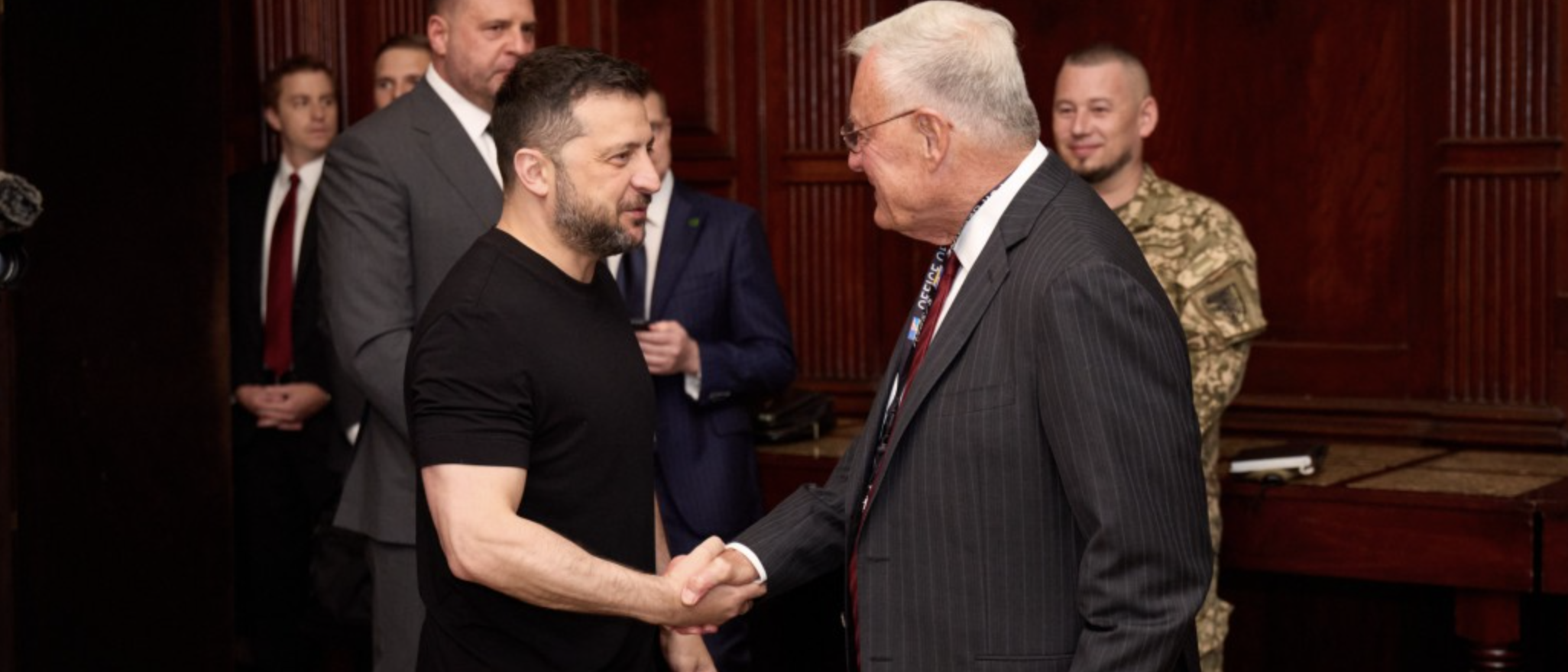
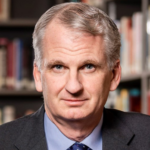
by Timothy Snyder, a distinguished American historian, an expert on Central and Eastern Europe, the Soviet Union, and the Holocaust
Source: Snyder on Substack
As Ukrainian and European leaders travel to Washington for discussions in the White House this Monday about ending Russia’s illegal war of aggression, Americans would do well to remember ten principles of negotiation.
- Outsiders should be aware of their information deficit. Americans tend to think that we know everything. This is never the case, and such a belief is especially harmful when we are outsiders to a horrendous war. Both Ukrainians and Russians know things that we either do not know or tend to forget. The Russians work put our knowledge gaps to good use. For example, Russians have trained Americans to talk about “four oblasts,” as if the war were only taking place in four Ukrainian regions. The number of regions currently under occupation or threat is seven. Russia’s main war aim is to destroy Ukrainian sovereignty as such. And of course any obligations placed on Russia have to concern all of Ukraine and all of Russia. When Ukrainians and Europeans point such things out, it is important for Americans to listen rather than be irritated. If we allow our information deficit to become a Russian weapon, we will be both unjust and ineffective as negotiators.
- Outsiders should be aware of their emotional deficit. The fact that Americans might prefer that the war end does not mean that they have access to the emotions that made war possible. On the one side, Vladimir Putin is fighting a war of choice. It matters to him in a certain way. He wants to be remembered as a great imperial leader, like Catherine the Great, someone who took land for Russia. As an enormously wealthy man with no political rivals, these posthumous stakes are all that matter to him. The war is an oligarchical pet project, a personal immortality quest. He has brought his people along through propaganda and payments to soldiers, but there was little organic popular support for a war. In order to get Putin to negotiate, Americans have to understand where he is coming from, and create a situation where he worries that he will be remembered not as the man who enlarged Russia but as the man who brought about its disintegration. The only way to move him to that place is to implement policies that make it easier for Ukraine to win, such as enforcement of sanctions, secondary sanctions, use of seized Russian assets, and the supply of arms to Ukraine. On the other side, on the Ukrainian side, people are fighting a war of necessity. They are fighting for their lives, and for a way of life. We use such language so often ourselves that we trivialize it or make it cinematic, and so we may not recognize an actual existential situation when it is before our eyes. There is no oligarchical whimsy at play here, unlike in the Kremlin. Unlike Putin, Ukraine’s President Zelenskyy is not fighting a war of choice. He was elected in a free election and is doing what his people expect him to do. Because Ukrainians have been attacked by Russia and then subjected to Russian murder campaigns, mass torture, and the kidnapping of children, they cannot simply stop fighting because they are asked or told to do so. This is all the more true since Russia has violated every single pertinent agreement it has ever made with Ukraine. Filling the emotional deficit means understanding that peace for Ukrainians has to include more than just assurances from Moscow that Russia will not attack (these assurances have been given multiple times and always been violated) nor for that matter just assurances that we will help next time (we gave such assurances in 1994 when Ukraine gave up its nuclear weapons and they meant nothing when the time came). Ukrainians want to join NATO because that is a meaningful security guarantee. Russia attacks countries that are not NATO members. It does not attack countries that are NATO members.
Cover: Office of the President of Ukraine
Latest news
Office of the President of Ukraine, UWC align efforts ahead of the fourth anniversary of Russia’s full-scale invasion
February 13,2026
